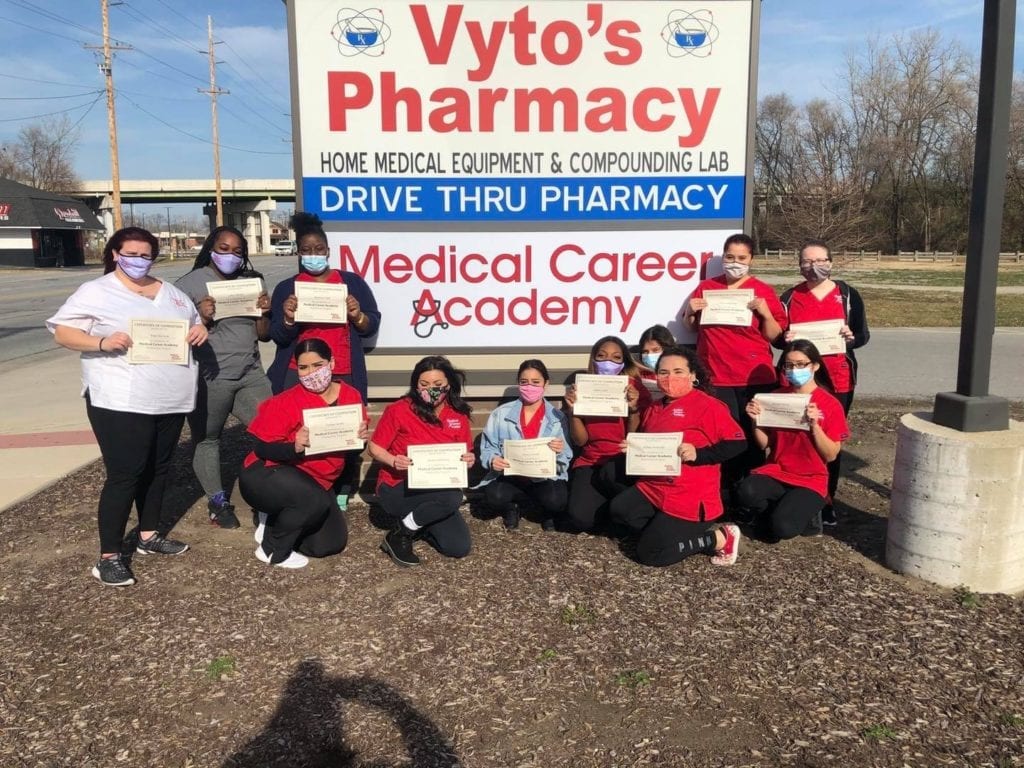Explained: The 8 Sections of the Code of Ethics from the NAHC
In 1982, the National Association for Home Care and Hospice (NAHC) adopted an official code of ethics that aims to become every agency’s guide to caring for the aged, infirm, and disabled. The idea is to safeguard the individuals falling into the three categories, making their lives at least a bit easier as needed.
The Code of Ethics serves as a statement to the general public that every community should stand for the rights, integrity, and highest ethical standards of individuals experiencing physical difficulties. In a way, it serves as a protection from discrimination and serves as a lifeline for those needing help. The code has eight sections, and here are all of them explained.
1. Patient Rights and Responsibilities
The first section of the code of ethics focuses on improving the overall quality of life of the individuals benefiting from the law. For example, it aims to inform the individuals of their rights, things they are entitled to, and their choices for themselves. It doesn’t mean that they have no power to stand up for themselves or suffer more because of how people view them as members of society.
2. Relationship to Other Provider Agencies
Home care shouldn’t only be enough but sufficient. Therefore, the second section pushes for better accommodations for the individuals needing home care. Agencies should partner with the people to help them find the best places to stay and receive the help they need. Overall, the services offered should assure comprehensive services to the patients and their families.
3. Responsibility to NAHC
NAHC should consistently spearhead the initiatives that push for a better quality of life for the individuals included in the organization’s code of ethics. The NAHC should stand as the governing body that helps individuals fight for themselves if ethical complaints arise among the individuals they handle.
4. Fiscal Responsibilities
In general, the individuals protected by the code of ethics should only pay for the services they use. Therefore, the pricing and amount of dues should be only enough to cover the services provided and used, never over the intended budget. If possible, the prices of the commodities should be at the lowest possible rates and costs consistent with time, quantity, and timelessness.
5. Marketing and Public Relations
All marketing materials used for a campaign aimed to promote home care services should explain the service, its benefits, and the cost, as well as the agency’s capability. Meanwhile, for marketing campaigns that are done online, all information must aim to inform people about the home care services and how agencies can help them.
6. Personnel
The personnel section pushes to mitigate the discrimination in the workplace where people with special needs may feel belittled and disrespected most of the time. As a result, agencies and companies should treat the individuals under the code of ethics the same way regular employees get treated in the workplace.
7. Violations
Individuals who violate the code of ethics will become subjects to disciplinary action, suspension, or expulsion from the NAHC.
8. Hearing Process
Upon deliberation, the committee will use a specialized decision-making method that only caters to the needs of the individual and the other individual who violated the law.
Conclusion
Home care should be an option for everyone needing extra help to improve their way of life. Through the code of ethics of the NAHC, people will become more aware of how to live among people with special needs and teach society to live in compassion and gratefulness.
Medical Career Academy is a medical training center that focuses on teaching students healthcare training solutions. Our goal has always been to impart the highest quality of knowledge to help other people in need. Join our classes today by signing up on our website today.

